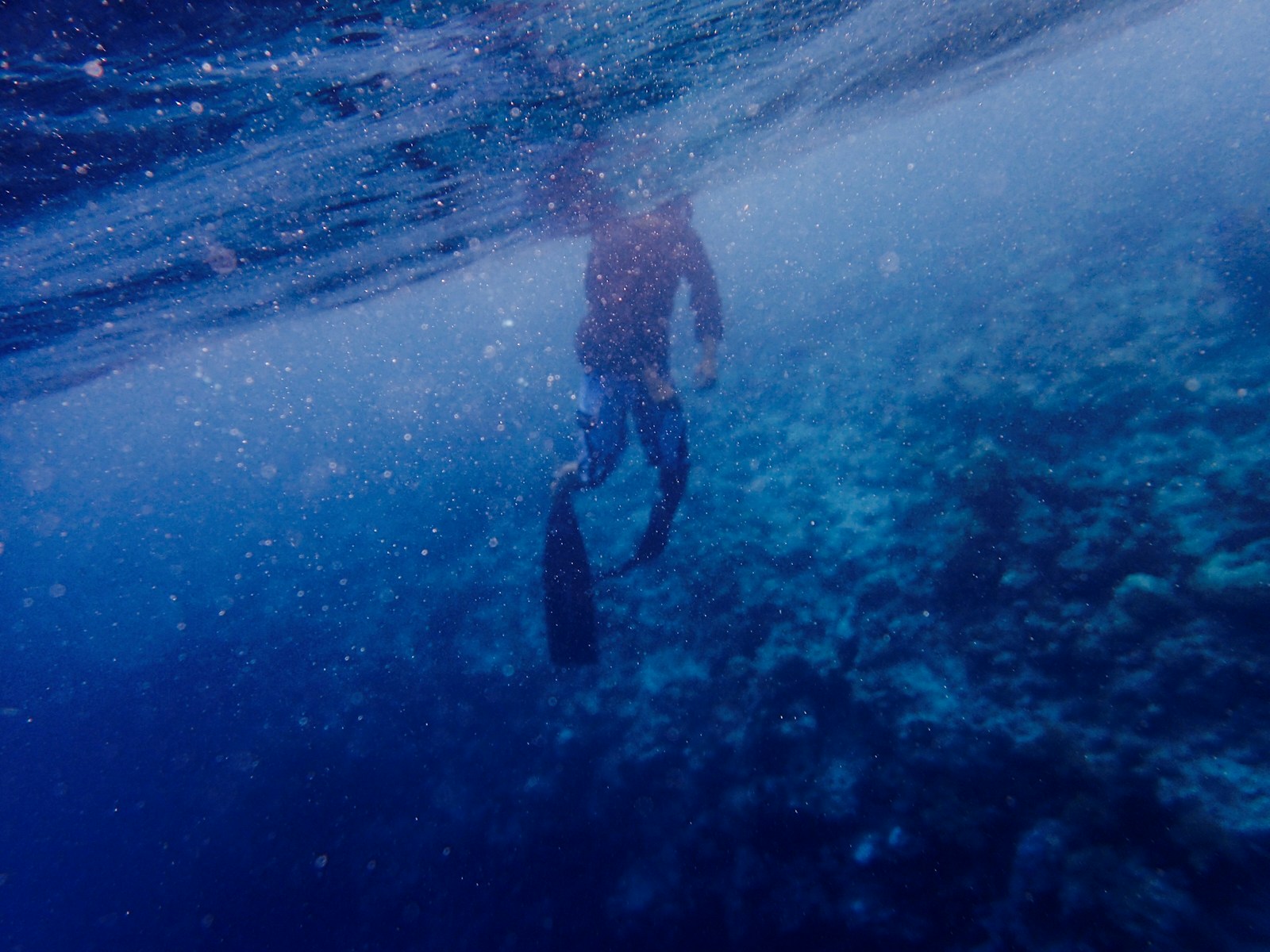
buceador

diver
The word 'buceador' in Spanish translates to 'diver' in English. This term is often used in the context of scuba diving or free diving, which involves swimming underwater either with the aid of scuba gear or holding one's breath. Divers may dive for various purposes such as sport, recreation, commercial or scientific research.
Example sentences using: buceador
El buceador explora el oceano profundo.

The diver explores the deep ocean.
This sentence expresses a general activity of a diver. The verb 'explora' is the present tense of 'explorar', which translates to 'explores'. The noun 'oceano' translates to 'ocean' and the adjective 'profundo' translates to 'deep'.
Un buceador ha descubierto un naufragio antiguo.

A diver has discovered an ancient shipwreck.
In this sentence, a diver discovers an 'naufragio antiguo' or 'ancient shipwreck'. Here 'ha descubierto' is the present perfect tense of the verb 'descubrir', meaning 'has discovered'. 'Naufragio' means 'shipwreck' and 'antiguo' means 'ancient'.
La vida del buceador es siempre una aventura.

The diver's life is always an adventure.
In this example, the phrase 'la vida del buceador' translates to 'the diver's life'. The phrase 'es siempre una aventura' translates to 'is always an adventure'. The verb 'es' is the third person singular of the verb 'ser' in present tense, which means 'is'. 'Siempre' translates to 'always', and 'aventura' to 'adventure'.